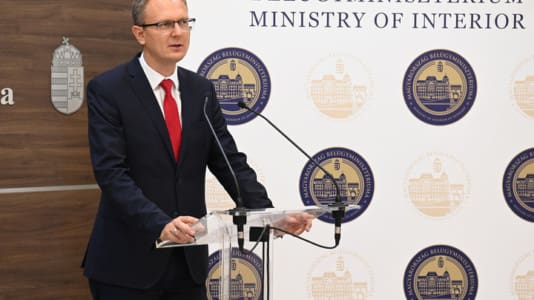A vehicle carrying the leader of Poland’s governing party, Jarosław Kaczyński was attacked on Sunday evening in the former Polish capital of Gniezno.
As the politician was leaving the city, the car was pelted with eggs by a culprit who has since been identified and charged with indecent behavior.
Footage of the incident showed how each successful throw was met with shouts of joy and vulgar slogans.
The meeting in Gniezno was part of a summer tour of Poland by leading politicians from the governing party. Earlier on Saturday, Kaczyński had visited Poznań and Kórnik where there were also demonstrators present; protestors there also behaved in an aggressive and vulgar manner towards people going into the meeting halls to hear Kaczyński speak.
Deputy foreign affairs minister, Paweł Jabłoński, condemned the incidents during an interview with Polish Radio 24, calling the abuse of ordinary people an “attempt to intimidate people who want to meet with political leaders.” He also claimed that such actions were designed to destabilize the political situation in Poland and would not rule out that this was initiated by Russia.
In an interview with portal wPolityce.pl, social scientist Prof. Mieczysław Ryba pointed to the frustration of opposition supporters as the cause of such incidents. He felt that they had found being out of office for seven years and the political catastrophe of Germany’s policy in Europe too much to bear.
Ryba also blamed the opposition leadership for the aggressive language present in Polish public debate, singling out Donald Tusk as an example. Tusk has in the past few weeks said that he would remove the head of the central bank in Poland, if necessary, by force. He has also said that he and his supporters would organize on the streets if “this government does not disappear.”
The professor fears that the aggressive attitude of the opposition’s supporters did not bode well for the future if the opposition seized power, saying they would limit freedom of speech and be prepared to persecute political opponents.






